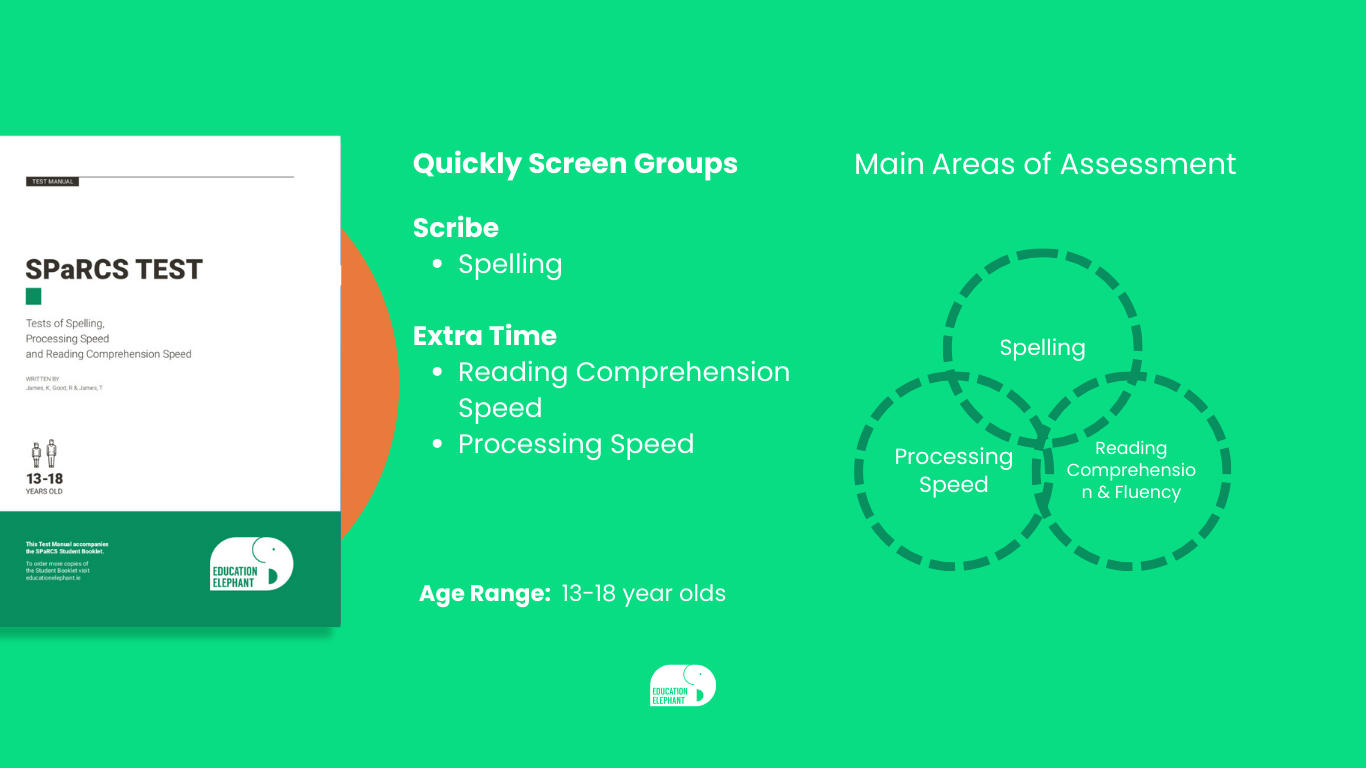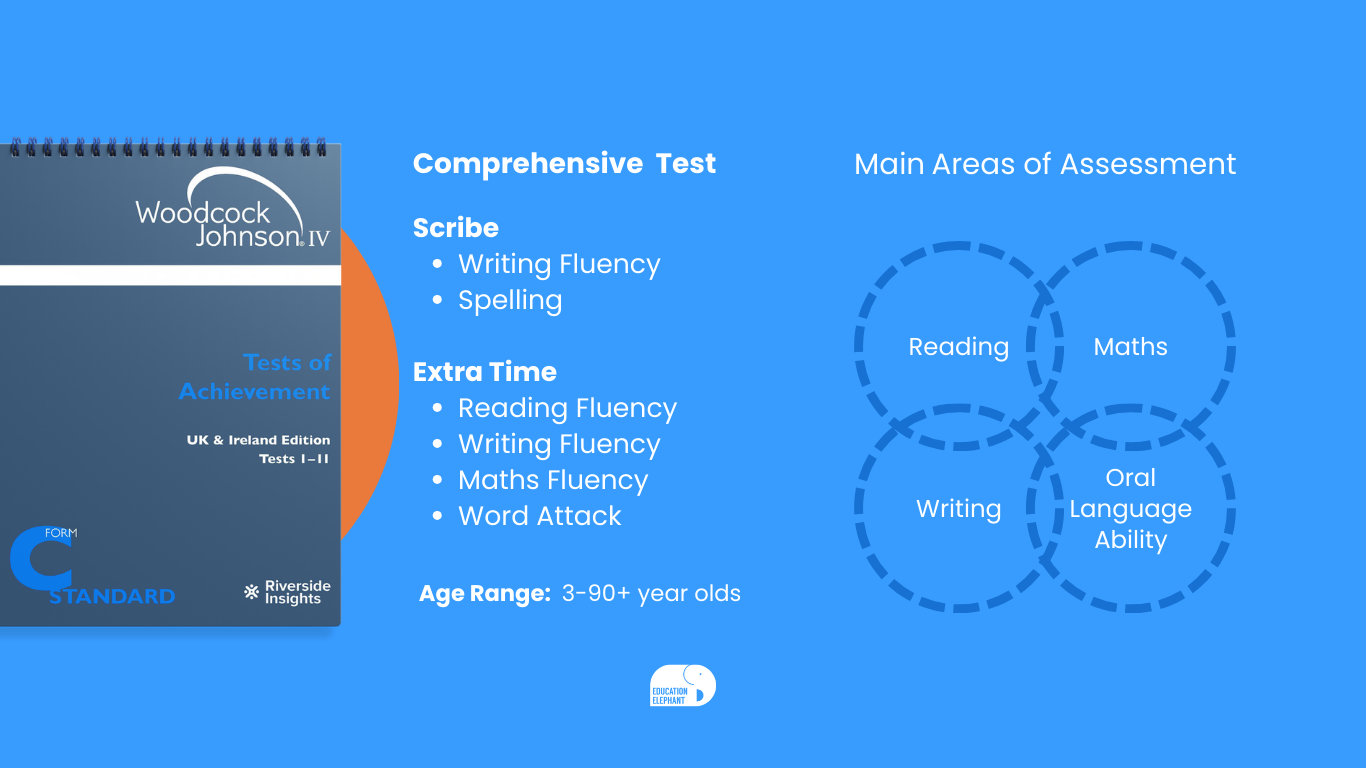
Ensuring fair and equal opportunities for all students is paramount in the ever-evolving education landscape. The Joint Council for Qualifications (JCQ) plays a crucial role in this endeavour, and the release of the 2023/24 Access Arrangements Guidelines is a significant milestone.
This blog post aims to provide educators, parents, and students with a comprehensive overview of these guidelines, shedding light on their importance and implications.
What are Access Arrangements?
Access Arrangements are special adjustments/ accommodations made for students who have specific needs when taking exams. Giving every student a fair chance with the tools they need to perform their best during exams, despite any challenges they might have.
Types of Access Arrangements: ✏️
- Extra time⏲️: Some students might get more time to complete the exam if they take longer to process questions and answers.
- Reader📚: This is someone who reads the questions out loud to the student, useful for those who struggle with reading.
- Scribe✏️: This is a person who writes down the answers as dictated by the student, which helps those who have difficulty writing.
- Modified papers📜: These might include larger print or different coloured paper for students with visual impairments such as Dyslexia.
- Separate room🏫: Some students might be allowed to take their exam in a separate room if they get distracted easily or need equipment that could disturb others.
The JCQ Access Arrangements Guidelines serve as a roadmap for educators and educational institutions to implement these accommodations effectively. These guidelines are essential in maintaining assessments' integrity while providing a level playing field for all students.
Key Highlights of the 2023/ 24 Guidelines
The JCQ Access Arrangements Guidelines introduce several vital updates and refinements to the existing framework. Some of the highlights include:
-
Supervised Rest Breaks:
- Always consider before applying for extra time.
- Allowed if it is the candidate's usual way of working.
- Medical conditions, such as type 1 diabetes or sensory needs, may warrant rest breaks with required medical evidence.
- For AD(H)D, consideration is given to recommendations from diagnosis, with evidence needed.
- Rest breaks for anxiety, worry, or stress caused by exams are not provided in advance. Exam invigilators are trained to support students on the day.
-
Prompter:
- It does not need to be registered on Access Arrangements Online.
- It is permitted for candidates with substantial and long-term adverse impairments resulting in persistent distractibility or significant difficulty in concentrating.
-
25% Extra Time:
- Must be applied for and registered on Access Arrangements Online.
- They are considered based on a Statement of Special Educational Need or an assessment carried out no earlier than Year 9 by a specialist assessor.
- Specific criteria for eligibility are based on standardised scores in different areas of speed of working.
-
Allocation of a Reader:
- Must be applied for and registered on Access Arrangements Online.
- They are considered based on a Statement of Special Educational Need or an assessment carried out no earlier than Year 9 by a specialist assessor.
- They are granted if language and vocabulary difficulties substantially impact the ability to access written text or in cases of long-term visual impairment.
-
Allocation of a Scribe:
- Must be applied for and registered on Access Arrangements Online.
- They are considered based on a Statement of Special Educational Need or an assessment carried out no earlier than Year 9 by a specialist assessor.
- Scribe use is aligned with the candidate's usual way of working, and restrictions apply based on the candidate's abilities.
-
Word Processor:
- Approval for using a word processor is subject to the candidate's needs and is granted by the SENCo.
- The JCQ requirement is that using a word processor should be the candidate's usual way of working.
- The process involves communication between the SENCo, examinations officer, and subject leader staff.
- Using a word processor in examinations and controlled assessments should align with the candidate's usual way of working.
These directives ensure access arrangements are tailored to each candidate's needs, promoting fairness and equal opportunities in the examination process. By adhering to these guidelines, educational institutions create an inclusive and supportive environment for all students.
Helpful Resources to Learn more
Free Short Online Course: Engage in an easy-to-follow course to update you on the latest JCQ access arrangements guidelines for the 2023/ 24 academic year. This course is tailored to schools and assessors across the UK. This short but insightful course will clarify your doubts and enrich your understanding.Included:
-
- Live Q&A and Video Presentation with Nick Lait, JCQ head of examinations.
- Downloadable Resources: Save time and streamline your Access Arrangements process with an array of downloadable resources provided.
- Certificate of Competence (Optional): Earn an optional Certificate demonstrating mastery in this field. Note this is subject to a fee and requires successful completion of the assessment.
Make the most of this unique learning opportunity to further your career and skills by signing up now!
What is the best test for your classroom?
Whether choosing SPaRCS for its efficiency and practicality or WJIV Tests of Achievement for its comprehensive scope, both tests are excellent in finding out if students need Access Arrangements for exams.

1. SPaRCS
The SPaRCS assessment tool is ideal for Access Arrangements assessments and for quickly screening groups of students.
Quick Screening
Ideal for quickly screening groups, helping to determine what students might need specific interventions or exam accommodations.
Focused Tests
Specifically designed to support the setup of access arrangements in exams, like providing evidence for extra time or a scribe on Form 8.
Learn More

2. WJ-IV - Tests of Achievement
Full view of a student's skills in school, helping identify students who have learning challenges like dyslexia, dysgraphia, or dyscalculia.
Helps find the right ways to help students with very clear and detailed reports.
Learn More
Free Webinar + Resources
As we approach exam season many of us might struggle to pick a test that is right for us and our classroom. We have put together a Free Webinar with Lia Castigilone, which will help you pick the right test for your classroom including free resources to help guide you through applying for Access Arrangements.
Access Webinar + Free Resources


.png?width=352&name=blog_images%20(16%20x%209%20in).png)
